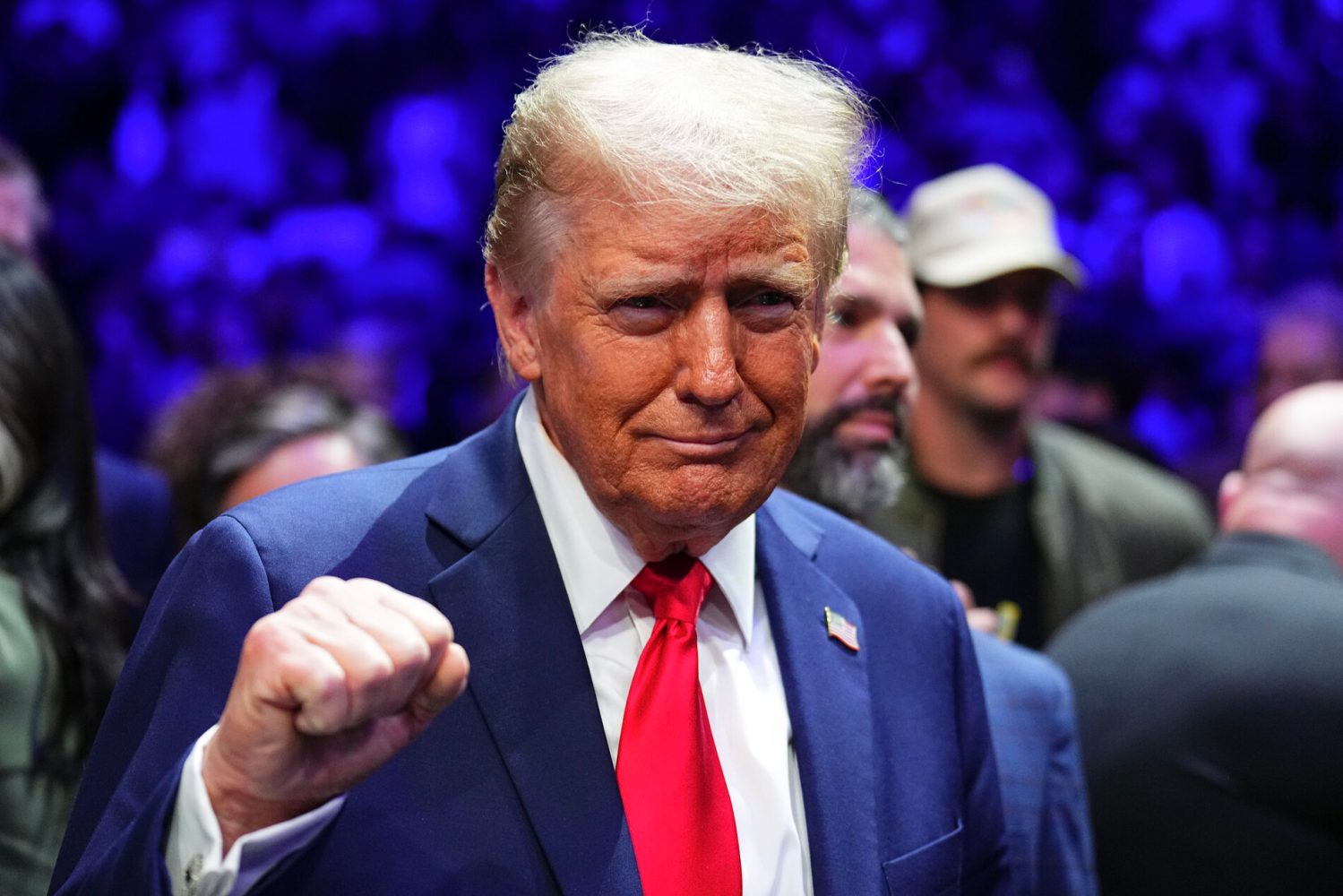Now Reading: 9 reasons why Trump’s idea for a 100% tariff on foreign-made movies is a blockbuster mistake
-
01
9 reasons why Trump’s idea for a 100% tariff on foreign-made movies is a blockbuster mistake
9 reasons why Trump’s idea for a 100% tariff on foreign-made movies is a blockbuster mistake

President Donald Trump has once again made headlines by expanding his âAmerica Firstâ pro-tariff rhetoric, this time targeting the movie business. In a Truth Social post today, Trump blasted foreign governments for luring away US film productions and declared Hollywoodâs current state a âNational Security threat.â His proposed fix: A 100% tariff on all movies produced outside the US.
Hereâs the full post, straight from Truth Social:
âThe Movie Industry in America is DYING a very fast death. Other Countries are offering all sorts of incentives to draw our filmmakers and studios away from the United States. Hollywood, and many other areas within the U.S.A., are being devastated. This is a concerted effort by other Nations and, therefore, a National Security threat. It is, in addition to everything else, messaging and propaganda! Therefore, I am authorizing the Department of Commerce, and the United States Trade Representative, to immediately begin the process of instituting a 100% Tariff on any and all Movies coming into our Country that are produced in Foreign Lands. WE WANT MOVIES MADE IN AMERICA, AGAIN!â
On the surface, the idea is populist, anti-globalist, and unapologetically pro-America â in other words, catnip for Trumpâs base and a natural extension of his âbring the jobs homeâ mantra. It should surprise no one, however, that the reality here is much more complicated than Trumpâs idea makes it all sound.
Here are nine reasons why this new tariff idea is so terrible.
1. It could backfire on the very industry it claims to help
First of all, this move would punish Hollywood itself. Many of the biggest US productions already shoot abroad â not to stick it to the US, but to access attractive financial incentives as well as exotic locations not available domestically.
Examples include:
- Mission: Impossible â The Final Reckoning, which was filmed across multiple continents (the globe-spanning visuals being one of the franchiseâs many appeals).
- The John Wick spinoff Ballerina was shot in the Czech Republic.
- James Cameronâs Avatar: Fire and Ash was made New Zealand, while Marvelâs upcoming Avengers: Doomsday and Spider-Man: Brand New Day are both being filmed in London.
All of these are technically foreign-made films â and would be (presumably) slapped with the proposed 100% tariff, despite being produced by American companies. Oh, and a note about how tariffs work, for the unaware: A 100% tariff effectively doubles the cost of importing a foreign-made film. Whether itâs a US studio like Marvel shooting Avengers in London or a distributor acquiring a foreign film, the government would charge an additional tax equal to the movieâs value â potentially turning a $300 million project into a $600 million expense just to release it domestically.
2. Other countries will retaliate
Then thereâs the unfortunate truth that trade wars donât produce a lot of passive bystanders.
If the US taxes foreign-made films, it opens the door for countries like France, Canada, China, or the UK to retaliate with their own tariffs â not just on movies, but on other American goods like tech and agriculture. Or even films made on US soil (in other words, the inverse of what Trump wants to do).
3. It displays a thorough misunderstanding of modern media
In todayâs globalized streaming era, content isnât neatly divided by borders. Netflix, Apple, and Amazon, for example, regularly fund and distribute massive international hits like Squid Game and Slow Horses. Tariffs on global productions, however, could upend licensing deals, stall or outright halt cultural exchange, and ultimately hurt the very consumers Trump claims to represent.
4. It weaponizes ânational securityâ to justify cultural protectionism
Calling foreign films âpropaganda,â as Trump did in his Truth Social post, is also not merely political theater â itâs arguably something of a slippery slope. By framing international storytelling as a threat, Trump is laying the groundwork for ideological gatekeeping. Itâs the kind of move that raises alarms in free societies (or ought to).
5. The propaganda claim cuts both ways
If foreign films are âmessaging,â then so are ⦠ours? Hollywood has been exporting American cultural values for generations. But under Trumpâs logic, and I use the word logic loosely, other countries would now have justification to label US films as propaganda and ban them in response.
6. It punishes lovers of indie film and global cinema
This new tariff doesnât just hurt studios; moviegoers would also unfortunately be collateral damage. Domestic festivals like Sundance and Telluride, for example, thrive on showcasing the best of international cinema. A broad tariff could discourage foreign participation and make it harder for American cinephiles to discover and enjoy global gems.
7. Legal challenges would almost certainly follow
A bedrock American civic principle is the prohibition on government abridging the freedom of speech. As such, Trumpâs movies tariff would probably be challenged domestically as a violation of First Amendment values, especially if itâs seen as suppressing foreign ideas.
8. Yet again, weâre pissing off allies for no reason
A blanket tariff like this would directly impact countries that are not only economic partners but also political allies. Canada and the UK are major co-production collaborators with the US, and alienating them over film production will almost certainly exacerbate broader diplomatic tension.
9. The streaming loophole
How would this tariff even be enforced? If Netflixâs The Crown or Dark is streamed in the US from a foreign server, is that taxable? What about Netflix originals filmed abroad but owned by an American company? The logistics of taxing digital content are murky, to say the least, and enforcement could be an administrative nightmare.
Trumpâs proposed tariff is, in short, potentially catastrophic for an industry already in flux (Netflixâs co-CEO Ted Sarandos, for example, thinks movie theaters are âoutdated,â while domestic box office receipts continues to decline). The tariff misdiagnoses the problem, offers a solution that will in all likelihood make it worse, and drags global culture into the middle of a stupid protectionist trade war.

























